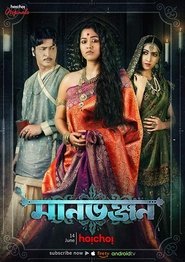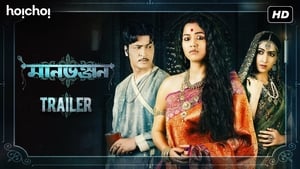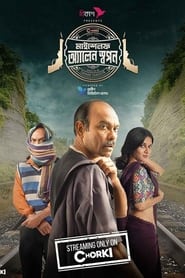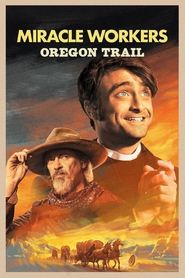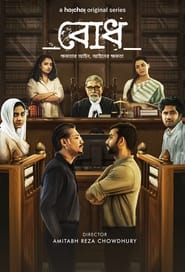Manbhanjan is one of Rabindranath Tagore’s best short stories. Hoichoi’s adaptation of the short story stars Sohini Sarkar, Amrita Chattopadhyay and Anirban Bhattacharya, who shoulder the two-part mini-series.Set in Calcutta during the British Raj, Manbhanjan primarily revolves around a married couple, Gopinath and Giribala, who don’t have a relationship anymore. Gopinath, especially, has fallen out of love with his wife, and turns to other vices like alcohol and women. He is a regular at the theatre, where he has eyes only for the star, Labanga. Driven by his lust and her beauty, he goes on to have an extra-marital affair with Labanga.Giribala, on the other hand, is left heartbroken by her husband’s behaviour.Manbhanjan Season 1 Download
Pushed by the desperation to see the woman who has won the affections of her husband, she visits the theatre herself to see Labanga in action. What happens next is a beautiful narrative of a woman’s emancipation from the shackles of her marriage.Sohini Sarkar, Amrita Chattopadhyay and Anirban Bhattacharya are phenomenal, especially Bhattacharya who plays Gopinath. The role of an arrogant bhodrolok fits him like a glove. He also gained praise for his role in Byomkesh, another Hoichoi Original series.Even if you haven’t read Rabindranath Tagore’s original story, I strongly recommend that you give this mini-series a watch. As someone who hails from a Tagore-worshipping family, I felt like the show did complete justice to its source material without trying to be an exact copy.
And that’s a relief.Abhijit Chowdhury’s adaptation of Rabindranath Tagore’s short story Manbhanjan is not only a competent attempt on all quarters, it turns out to be a rather enjoyable outcome as well. The two-part miniseries rides on the able shoulders of its trio of leading stars, but that is not all. With beautiful music, a taut script and the able direction by Chowdhury, this is a show that kept me engrossed, despite all the distracting departures and liberties it took with respect to the original story by the great auteur. What matters the most is not that Chowdhury decided to take these liberties. What matters is that they worked.

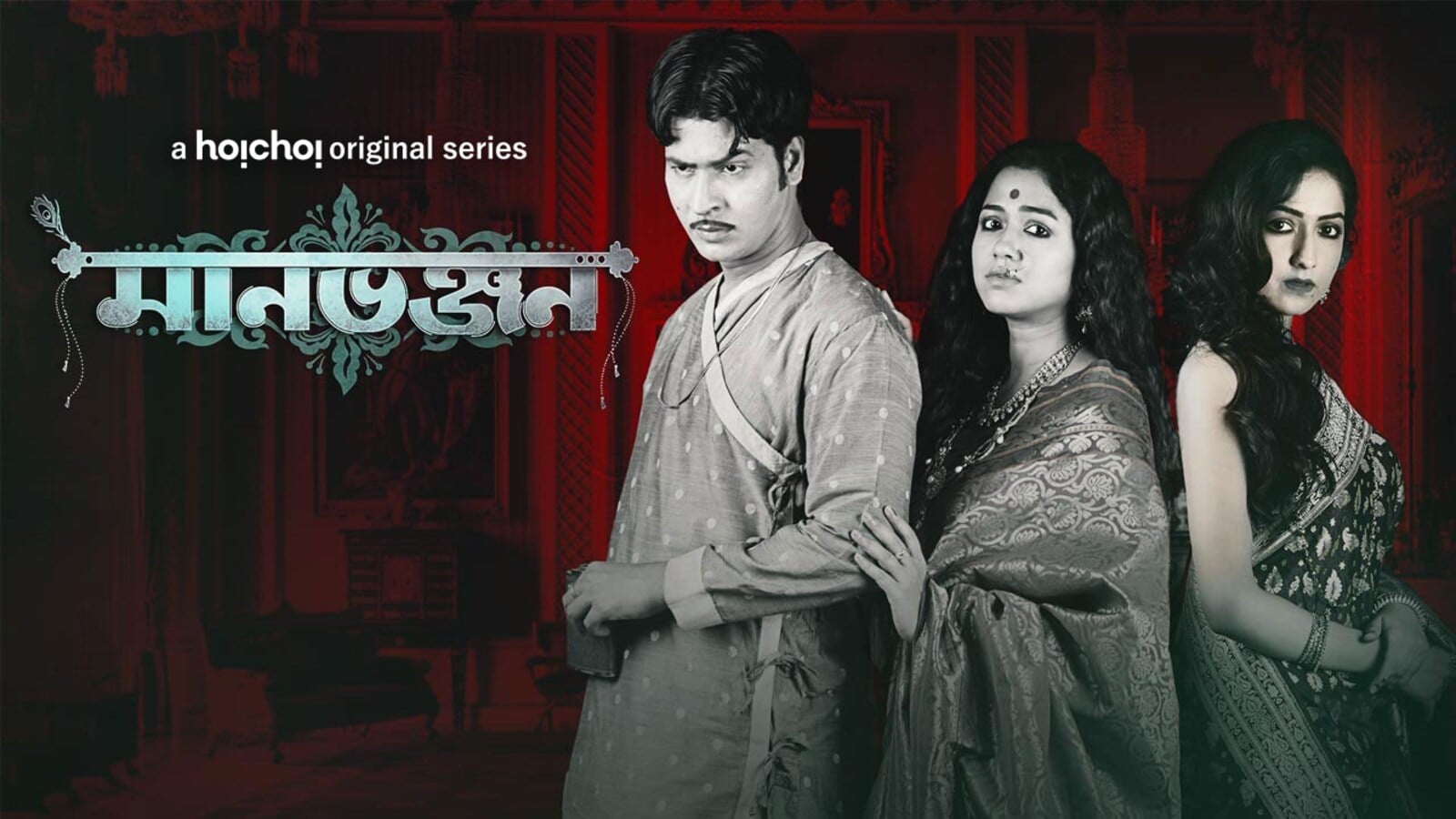 1 - AllS1-EP(1-2) Nov. 21, 2024
1 - AllS1-EP(1-2) Nov. 21, 2024
